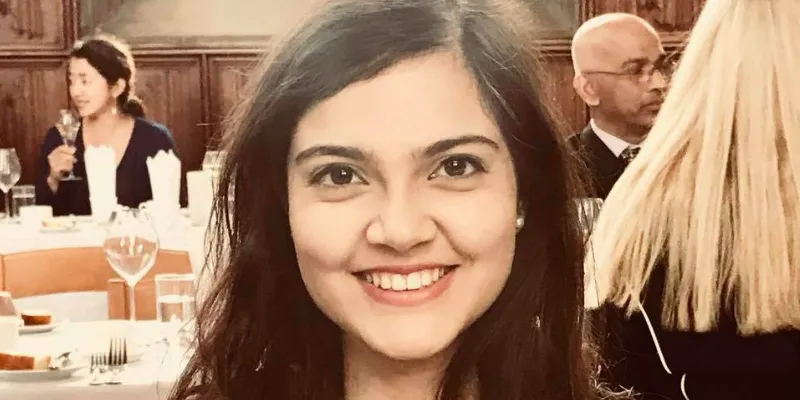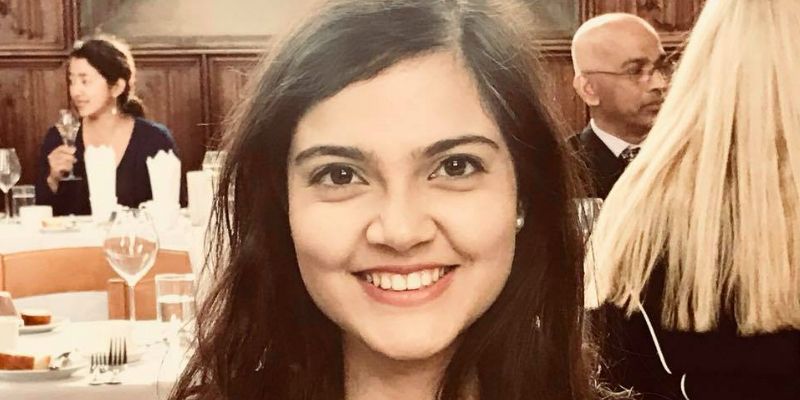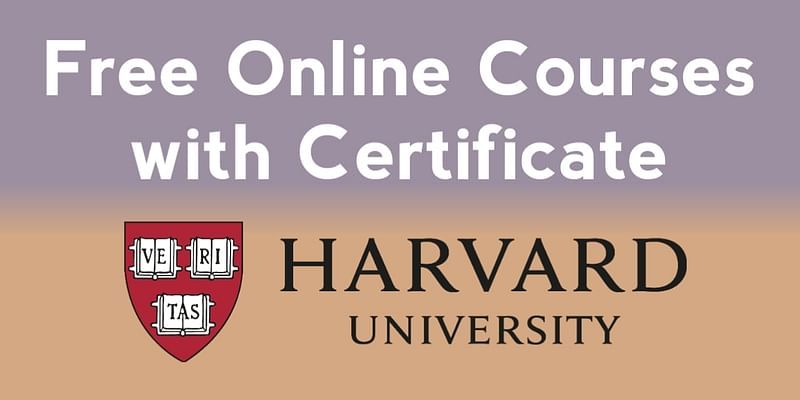Meet the Cambridge grad who worked with the Verma Commission, and has shaped many policy-level moves to combat gender violence in India
The winner of British Council’s Study UK Alumni Awards, Saumya Saxena currently advises the Law Commission of India on matters surrounding religion, reform, and divorce.
When she was six years old, Saumya Saxena accompanied her father on one of his tehsil visits to Patti, a town in UP’s Pratapgarh district, to witness the police force in action. What struck her prelapsarian mind was that every single officer - from block level administration to the district magistrate - was male. The skewed gender ratio in the services almost convinced her that these were men’s jobs, but her parents’ repeated reiteration that absolutely any career choice in the world was accessible to her made her realise that the lack of women in positions of power was often not a natural but a societal requirement. It was then that she realised that men and women didn’t share a level playing field – and knew that she wanted to dedicate her life to deconstructing gender stereotypes.
During her PhD at Cambridge, she was a vocal critic of practices like Sati, foot binding and witch burning, which had affected women at various points in history the world over. With every encounter she had with academicians and women change-makers, she became more certain that research and academia were her calling.

She was in India for her field work in December 2012 when the incident that brought the nation out on the streets – Jyoti Singh’s gruesome gang rape - transpired. She promptly wrote to Gopal Subramanium, a senior advocate at the Supreme Court, expressing her will to assist the Verma Commission in any capacity. She was asked to start immediately. One in a team of 15, a team that constituted stalwarts like Justice Verma, Justice Leela Seth, Preetika Mathur, and Shwetasree Majumdar, she worked day and night to meet the 29-day deadline. She contributed particularly to the chapters on education and perception reform, Khaps, and honour killings.
Her relentless work championing the cause opened many doors for her – only so she could continue making more meaningful contributions to the women’s movement. For example, a chance meeting with Shabana Azmi, who had come to Cambridge for a talk, provided her the next avenue to achieve her goal of seeing a gendered violence-free world. Shabana Azmi was leading an initiative that conducted gender sensitisation workshops with the Central Industrial Security Force (CISF), which Saumya joined in April 2013.
“We ended up discussing legal and policy initiatives towards sensitising police forces and she invited me to conduct the workshop in Delhi, on women’s experience when they complain about harassment, to address the general perception of the police interactions being hostile encounters for women,” she said.
Batting for equality
In those sessions, it came to light how “absolute equality” also evades women constables at the workplace and in their homes, doubling their responsibilities and making an already taxing job all the more difficult. “Unfortunately, for many women, being a part of the workforce gave them some economic freedom but it came at the cost of doubling of their responsibilities as child care and household chores continued to be seen as their responsibility. Seeking equality at work when inequality prevails at home forces us to ground women’s demands in their contexts,” she noted.
Thereafter, she met the officer who had initiated the women’s helpline 1090 in Uttar Pradesh, which has achieved considerable success – and discussed the nature of complaints, the speed of redressal, repeat offenders, the training of young college-going women among other things – to explore whether it could turn into a national model.
“Many of the records I consulted were hidden in libraries, archives, and police record rooms where institutional bureaucracies make it difficult to gain access. To remedy this, I am involved with a colleague in planning a project to digitise court records for the Allahabad High Court. We are still in the initial stages of planning, but we hope we can expand this to other endangered archives,” she says.
Women’s rights within marriage, divorce, inheritance, and other matters relating to family law are other subjects she went on to deliver seminars on – because abuse within marriage is normalised, and so is disinheriting one’s daughters in favour of sons.
One of the biggest problems she faced while researching family law was firstly the general resistance among people to discuss divorce despite how abusive a marriage may be. “This is augmented by the fact that women are also either unaware or hesitant to use legal remedies in matters of household violence or abuse because of the insistence of the society as well as the police to dismiss family issues as ‘ghar ka masla’ or private concerns,” she notes, adding “women were also hesitant to seek their share in property because they had internalised the fact that their brothers are rightful heirs and that they belong to a different family after being married”.
Ground-level initiatives
Her work in the Law Commission of India in the past year and a half has been predominantly about acknowledging various ground-level initiatives that are successful but get little or no credit. A number of organisations sent them very well-researched papers, model bills, and model nikahnamas on reform of Muslim personal law. “Others sent us case studies on how certain states have enabled better protection of Hindu women’s right to property than others,” she says.
But often, her inquiries were misrepresented as aligning with a particular religion, party, or group. “One constantly faces the ‘us-versus-them’ rhetoric while seeking the opinions of clerics on matters of women’s rights,” she says.
Saumya’s immediate plan after she completes her report for the 21st Law Commission is to publish her research. She currently has two book contracts - one with Cambridge University Press and another with Routledge, on subjects surrounding religion, divorce, and democracy in post-Independence India.
Her next project would be to study the ways in which gender-related international conventions such as CEDAW could be integrated into domestic law and policy. An equally exciting update she shares with us is the germination of Academe India- the brainchild of her friend and colleague Abhimanyu Chandra – which trains young aspiring women journalists in reporting in a neutral, fair manner while acknowledging their own prejudices, and most importantly, their own privilege. This particular training sessionill include 120 students and faculty from leading media houses and universities. “This is the first of many such programmes which will focus on religion and politics, science and journalism and other such themes. The aim of the organisation in the long run is to bridge the gap between academic and journalistic debates. With academe India we hope to encourage fair research methodology, and ethics in reporting,” she says, before signing off.










![[TechSparks 2020] If there was a book on my journey, I would name it ‘Zero to Zerodha’, says Nithin Kamath](https://images.yourstory.com/cs/2/a9efa9c02dd911e9adc52d913c55075e/Imagee5b4-1604046271591.jpg)
